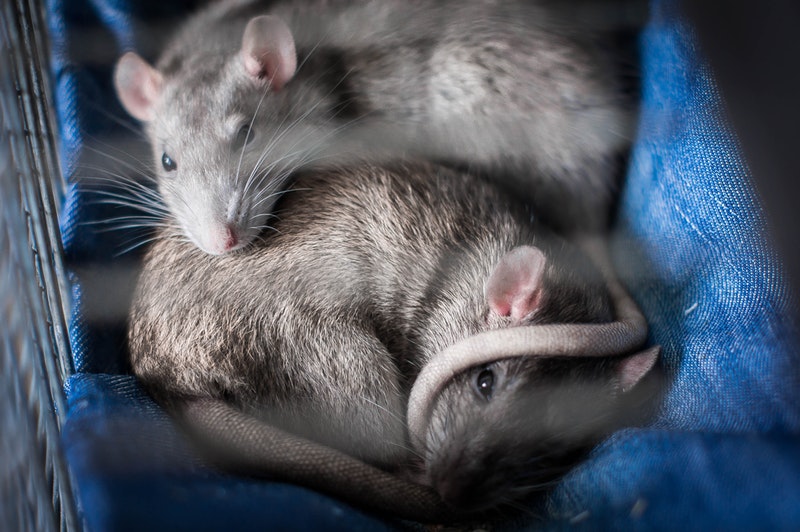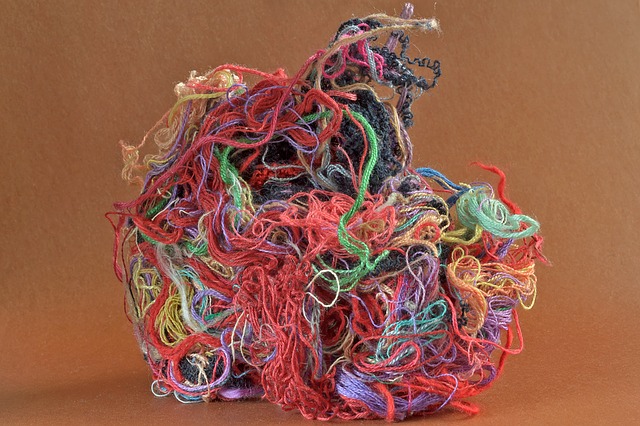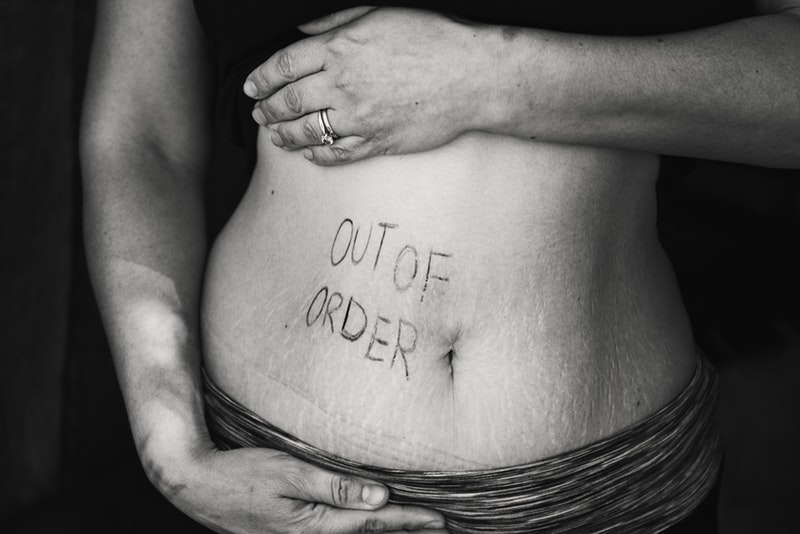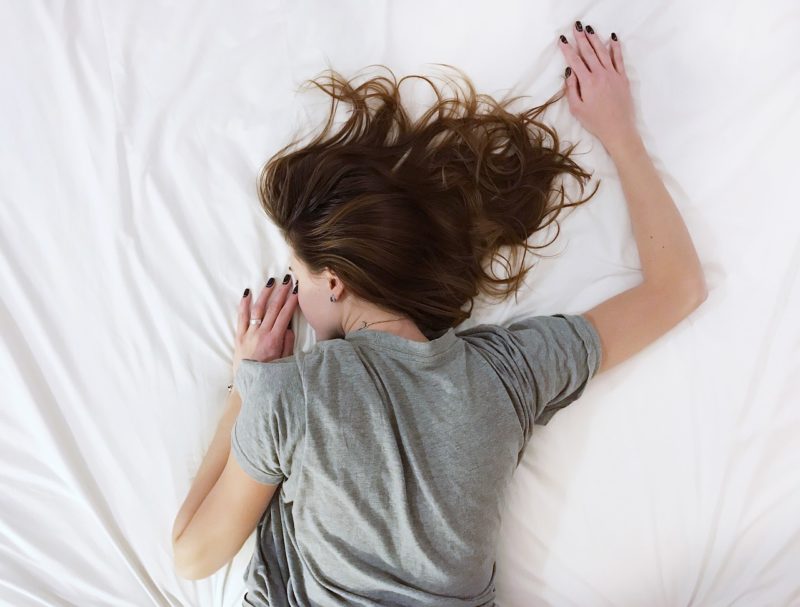We all like to sleep, but does anyone know why we sleep? Why do we get tired at the end of the day and then spend roughly one-third to one-quarter of each day unconscious?

We dream when we sleep, so our brain is active…but what is it doing exactly?
As far as I know, we still don’t really know the exact purpose of sleep. The logical common-sense answer would be that sleep allows the body to rest and the brain to recover from being “on” all day by doing some housekeeping like forming memories, cleaning out the metabolic “junk” that accumulates from the day’s activities, and preparing for tomorrow’s tasks. But that is really just speculation…
A bit about myself: I am by no means a sleep expert (although I like to sleep when I can)–I am a gastroenterologist, not a neurologist. However, sleep affects all of the body’s systems, including the GI tract! So sleep is of some professional interest to me. But more than that, I’ve always been fascinated by sleep: It must really serve an important purpose to justify shutting everything down for such a long time each night. Think of the risks that people and animals take when sleeping; There must be a good reason that living things lay around defenseless for hours as potential food for a host of nocturnal biting, stinging, and hunting insects and animals! Think of all the lost hours of “productivity” we give up by sleeping…what would you do with another 6-to-8 hours in each day?
As an undergraduate, I actually worked in a sleep research lab doing experiments on rats to try to learn some stuff about sleep. As I recall (now about 20 years later) rats are kind of like us, in that when they get tired at the end of the night (they’re mostly nocturnal) they sleep a bunch all in one shot (they don’t exactly mimic our sleeping patterns because they also take many more short naps throughout their waking hours, but that’s not really important right now). The concept that one builds up “sleep debt” when awake, and then pays this sleep debt back when asleep is called the homeostatic sleep mechanism. If you build up 8 hours of sleep debt, but only get 5 hours of sleep, your brain knows that you owe it about 3 hours of sleep and will ask you to either take a nap, or will have you pay back some of that debt the next night when you sleep. This explains why you can get poor sleep one night and feel OK the next day, but try getting poor sleep three nights in a row and you’ll feel like a zombie.

The hardest part of my research was figuring out which bedtime story to sing the rats each morning (they’re nocturnal).
There is also the circadian sleep mechanism, where we as humans generally wake up in the morning and go to sleep in the evening as part of a daily pattern. This can be adjusted by waking up at a different time many days in a row, or by exposure to light at the same time each day, but generally operates on about a 24-hour cycle. For example, if you normally get up at 8 AM and go to bed at midnight, but then decide to force yourself to get up at 5 AM for a few days or weeks in a row, you can shift your circadian clock to make you sleepy at 9 PM instead. This is independent of the homeostatic sleep mechanism…if your circadian sleep clock tells you it’s time to go to sleep, but you just took a 2 hour nap, you can usually still fall asleep for the night. Normally, the two sleep regulating processes coincide so that you’re both tired from being awake (homeostatic process) AND tired from it being your normal time to go to bed (circadian process) and all is well. When the two processes are not aligned, for example in shift workers who have changing schedules, weird stuff can happen that leads you to not be able to fall asleep when you need to sleep, or become very sleepy when you need to be awake at the start of your nocturnal workday. I and most other medical trainees found this out firsthand, when after returning from a 12 hour overnight shift feeling dead tired, I would get a few hours of poor-quality sleep in the morning and then feel the urge to wake up hours before the next shift would start, only to be dead tired again at 10 PM after only a few hours of work. The circadian process was out of sync with the homeostatic process and the brain was getting mixed signals!

The best way to train your circadian rhythm is to get up at the same time each day and expose your eyes to light.
Anyway, back to the rats…we found that giving the rats a certain drug that binds to specific receptors in the brain could control the amount and quality of sleep the rats would get that day. No surprise there I guess. What was really interesting however, was that giving the same dose of the same drug in the morning had totally different effects when compared to giving it in the evening. That is, the drug worked completely differently depending on when it was given with respect to the rat’s natural circadian rhythm. Why am I mentioning this, besides the fact that it’s an interesting concept? I’m not really sure, maybe just to highlight that sleep regulation is a big mystery that we still know very little about…
There was a very recent study published in the journal Science, that got me thinking about this whole sleep thing, and gave me the idea to write this article. The study looked at sleep deprivation in both mice and people, and linked an increase in a certain protein called “tau” to sleep deprivation. Tau is normally present in the brain and cerebrospinal fluid surrounding the brain and spinal cord, and the amount of tau protein increases when we are awake for a long period of time. After sleep, levels of tau drop, implying that sleep is a time when tau gets broken down and cleaned out of the brain as part of a normal housekeeping process. Mice (and people) who were subject to sleep deprivation were found to have increased levels of tau, up to 50% higher than their well-rested counterparts. Why is this important? As it turns out, high concentrations of tau protein can cause tangles and clumps of the protein to form in the brain. These clumps of tau protein are thought to damage brain tissue and cause cognitive decline. These clumps of tau protein are also thought to be one of the key factors that leads to Alzheimer’s dementia. It is already well-known that patients with established Alzheimer’s dementia have difficulty sleeping due to the disease, but what this study found is a mechanism for which sleep deprivation may actually cause Alzheimer’s dementia. The take-home message: Don’t forget to get your zzzz’s!

Tau protein builds up when you don’t get enough sleep, and causes clumps and tangles of protein to accumulate in brain cells, possibly leading to dementia over the long-run.
What about the gastrointestinal system and sleep? As it turns out, poor sleep has been implicated in numerous GI issues!
- Gastroesophageal reflux disease (GERD) is linked to poor sleep, and also can cause poor sleep.
- Poor sleep due to sleep apnea is associated with an increased risk of bleeding peptic ulcers.
- Inflammatory bowel disease (IBD), such as Crohn’s disease and ulcerative colitis, is linked to poor sleep. Lack of sleep can increase many of the pro-inflammatory hormones and cytokines in the body, favoring autoimmune disease and increasing inflammation.
- Irritable bowel syndrome (IBS) is strongly linked to poor sleep. Poor sleep is thought to increase “visceral hypersensitivity” which is thought to be one mechanism of irritable bowel syndrome, meaning that the brain perceives pain from normal digestive processes such as bowel distention and contraction.
- Obesity has been linked to poor sleep in a few ways. Poor sleep increases insulin resistance and alters other hormones which can lead to increased calorie intake and decreased energy expenditure leading to weight gain. Obesity also leads to poor sleep by causing sleep apnea and by other mechanisms.
- Other diseases such as colon cancer and liver disease have been linked to poor sleep. However, it’s speculated that these links are actually mediated by obesity as the true risk factor. Obesity increases the risk of colon cancer independent of diet and physical activity, and obesity also causes fatty liver disease which eventually can lead to cirrhosis.

Here are my personal observations on sleep, many of which are common-sense:
- I just feel better in general after a few days of good sleep! Aches and pains are less. Without sleep, I feel stiff and inflamed.
- Obviously, I feel like I have more “energy” after a good night of sleep!
- My brain seems to process things faster and with more clarity after adequate sleep. When I am sleep-deprived I feel like my brain is in a haze, like the answers are there but I just can’t get to them fast enough.
- My mood is 1000 times improved by good sleep. Sleep deprivation causes me to feel short-tempered and cranky. Not fun.
- I perform much better physically after some good sleep. After a few nights of interrupted sleep I feel clumsy and off-balance. Forget about exercising!
- My gastrointestinal system doesn’t like sleep deprivation. Without good sleep, I feel bloated, have an upset stomach, and get heartburn. Maybe that’s more to do with all the coffee I have to drink to stay awake…
When things get busy in life we think we can borrow time by shortchanging our sleep, but we are fooling ourselves! Getting the sleep you need is actually the best thing you can do to make sure you feel good and remain healthy. Think of sleep like a drug that you were prescribed that can prevent all kinds of bad things from happening and with no harmful side-effects…you just need to remember to take enough of it every day!

But how do we improve our sleep in these busy times? Is there even a way?
Go to the next post in this series: Natural Ways to Get More Sleep
